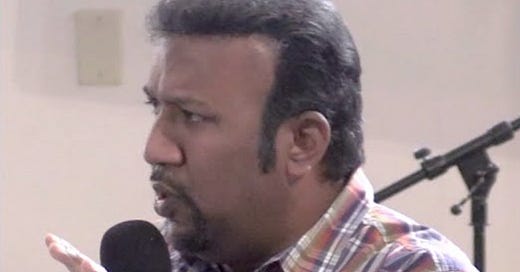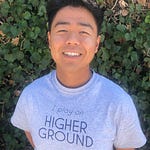Today’s guest is Finney Premkumar. He is the founder and director of Truth Matters International—a Christian apologetics ministry aimed at “…confront[ing] those in the academy with the truth of the Gospel and challenge those in the Church to live out the content of the Gospel in creative and concrete ways”. He has given academic lectures on the relevance of Christianity, the scientific method, and the meaning of human suffering at esteemed institutions such as Harvard, Oxford, Yale, UC Berkeley, and many others. He currently pursues a Ph.D. in Philosophy Science regarding theory change at the University of Birmingham. In this episode, we talk about the scientific method. We talk about the following ideas: 1) The philosophical assumptions hidden in science 2) The notion of paradigms and how it can explain how science evolves across time 3) How to dialogue productively when both religious and nonreligious scientists always bring deeply held commitments to science. If you want to reach out to today’s guest, you can find his website Truthmattersint.org. As always, if you like the episode, like the post, and consider sharing it with friends.
Show Notes:
[1:35] How is our education about science different from how science truly is practiced?
[3:25] How the method of science is fundamentally philosophical
[5:50] Examples of philosophical assumptions in science and how we can justify them
[9:29] How should scientists deal with disagreements in their discipline that are fundamentally philosophical rather than scientific?
[15:35] Is Science Radically Subjective and useless for Society?
[18:35] How the Culture of Science evolves across time
[21:35] The downsides of the isolation model of knowing in Academia
[24:05] How do you deal with two theories that have equal empirical support?
[29:15] How religious commitments can help people pick theories in science and why it’s justified
[31:25] Why even allow for theological commitments to enter the scientific picture? Won’t that just stifle productive dialogue because people do not change their minds on deeply held commitments?
[37:00] Understanding that differences between scientists may be more fundamental than the scientific discipline means that people of different worldviews can work together productively
[40:10] Finney’s advice to aspiring scientists















Share this post